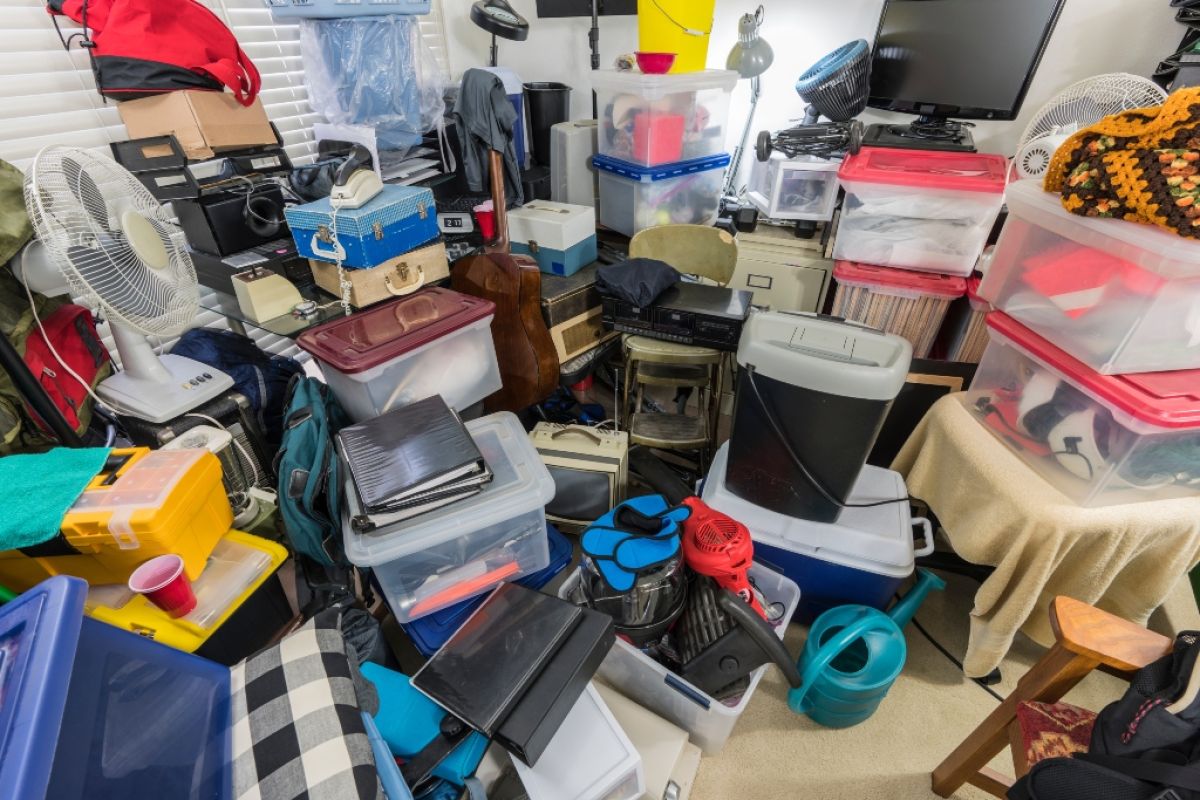I’ve been writing more prose poems in recent years. They’re just paragraphs, really. I want to imagine more, to almost tell a story, to feel free to follow something that doesn’t know where it’s going.
ERIC RENSBERGER is originally from Elkhart County in northern Indiana, but he has lived in southern Indiana since 1974, mainly in Bloomington. His work has been published in numerous journals and anthologies. His chapbooks include, amongst other titles, "Letters," "Standing Where Something Did," and "Blank of Blanks," and he has indulged in more fugitive forms of publication such as posting poems anonymously on public kiosks, streetlamp poles, and bulletin boards in restaurants. He is a convinced and persistent self-publisher. His collected works can be found at ericrensbergerpoetry.net, which is home to his major work, the ongoing chronological series "Account of My Days," at present consisting of more than 1,000 poems.
Welcome to the Poets Weave, I'm Romayne Rubinas Dorsey. Eric, what poems have you brought for us today?
READING
The article said the public figure said his intentions had been
misrepresented by those saying negative things about him. I was
reading in a hurry, because I was fundamentally uninterested in
the story but thought it was something I should want to know
more about. Because I was speed reading, I read "intentions" as
"intestines": "they misrepresented my intestines." This was so
close to making sense that I paused and re-read the complaint
about what was being said that was quoted in the article I was
not really interested in. And I thought about what misrepresented
intestines might look like. I took a sip of coffee, realizing
that my reading was no longer speedy, and that it had been slowed
down in order to contemplate not something hard to understand or
beautiful to read, but an absurdity that both confused and
stimulated the imagination. Why do I push myself to read so fast
so early in the morning. I thought about my intentions
A DEITY
The god of disappearances, worshipped in an enormous room stacked
with stuff, where people filing through the mounds find poets
living on grants given to enumerate all the things deposited
there. There is so much of it that no one thing can be proved to
be gone. It could always be at the bottom of the next pile or
on top of that heap. It's as though everything that comes here
has disappeared because it can't be found in all the clutter, but
also exists forever for it cannot be shown to be lost. And in the
murmer of poets' prayers all the enumerations sound like elegies.
HISTORICAL IMAGINATION
They moved about in smaller rooms. We have proof of this.
Awkward as it seems, they still managed to get from one room
to another by edging around the stacks and piles. In the rooms
where one would sit and talk, the furniture was so close
together knees touched. But knees were smaller then. We have
proof of this. Even if the seating was cramped, there was still
room for a table with a small surface area to sit between, say,
an armchair and a small couch or love seat. You could set a
drink on it, or an undersized sandwich. Perhaps even something
you pulled out of your pocket, because pockets were bigger
then, and we carried in them things that nowadays we would
leave at home. We have proof of this. So out of the pocket
comes an antler inset with obsidian flakes along the outer edge.
It could be laid across the knees where they touch. So much
easier to stay here talking with each other than to get up and
edge our way out, edging not just the piles this time but each
other as well. But it might be worth it just to get out of the
rooms, pass through a final door and stand outside breathing.
To be done with small rooms for once. We have proof of this.
You've been listening to the poetry of Eric Rensberger on the Poets Weave, I'm Romayne Rubinas Dorsey.







